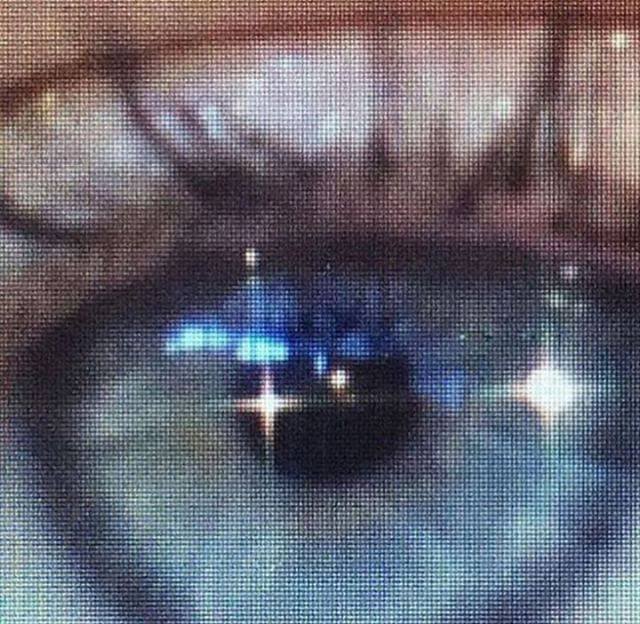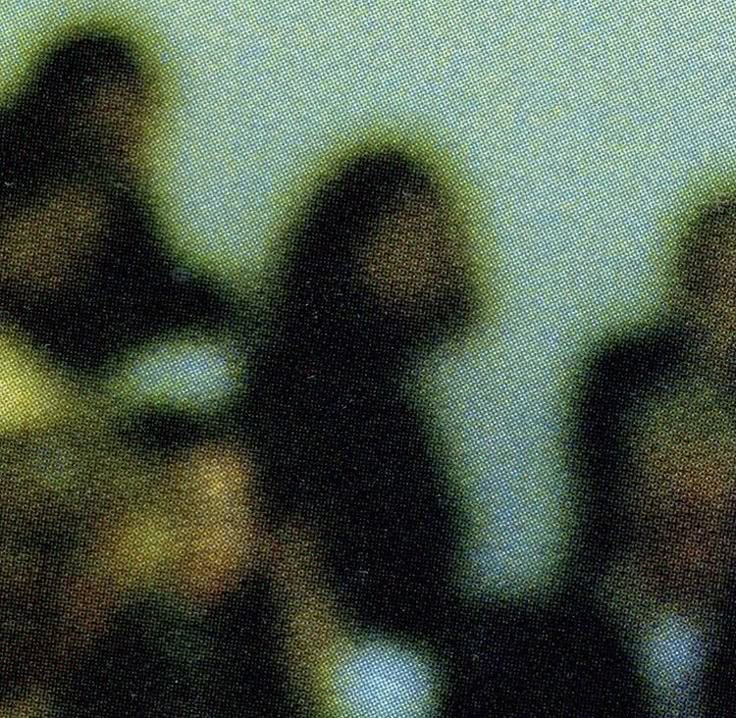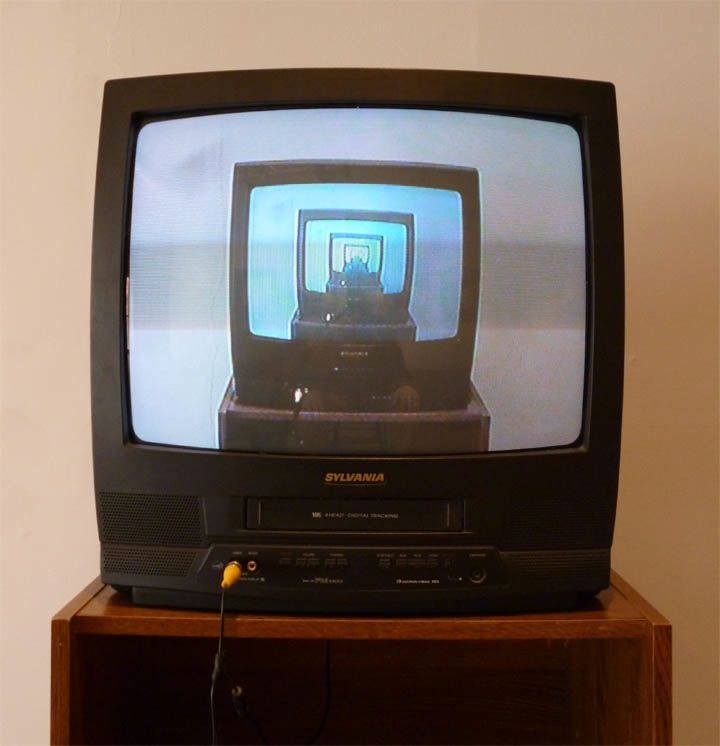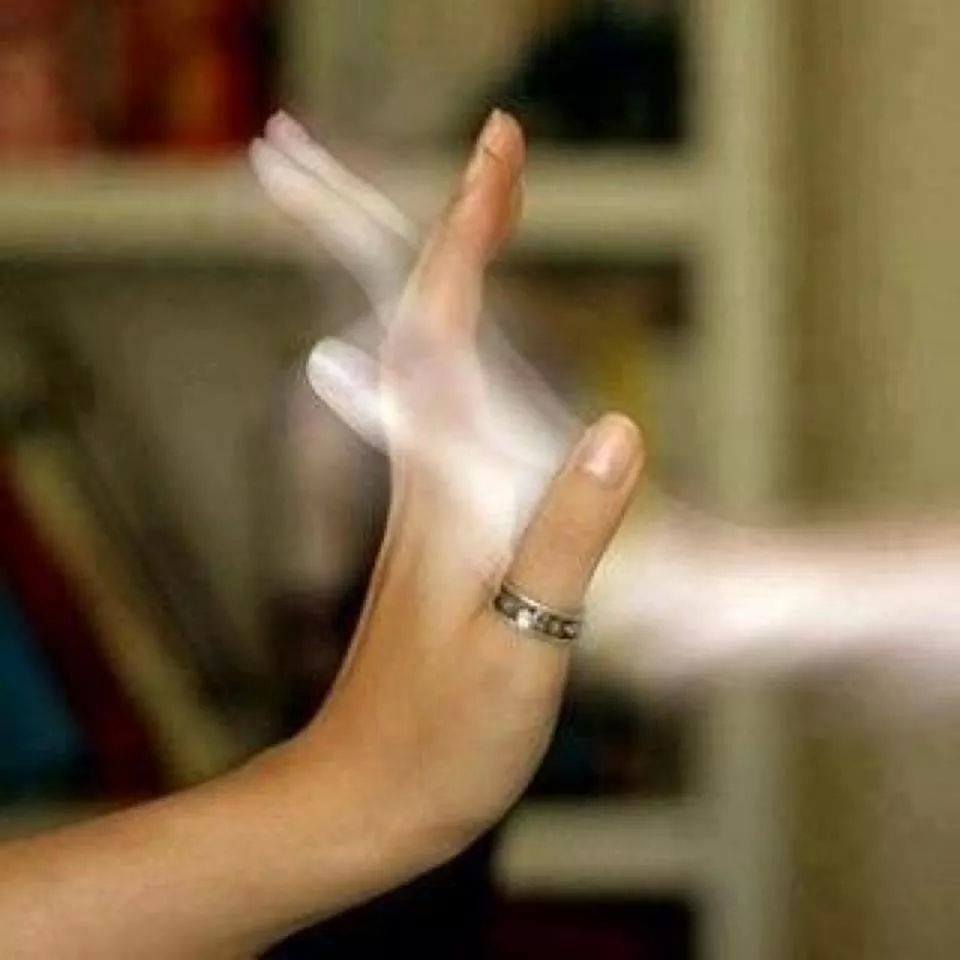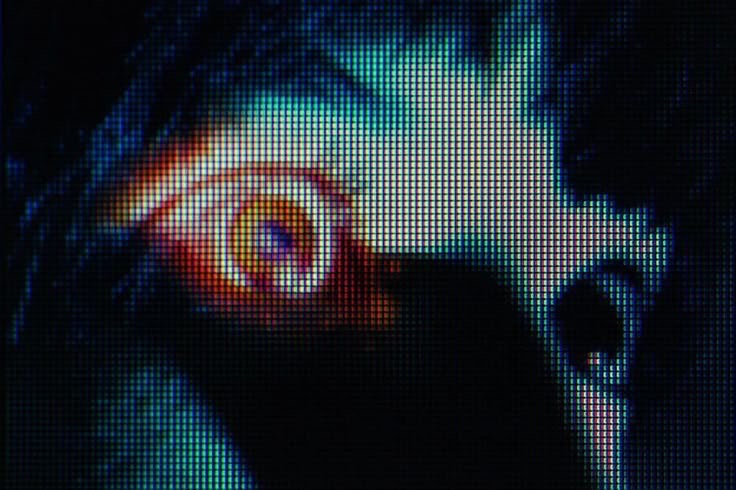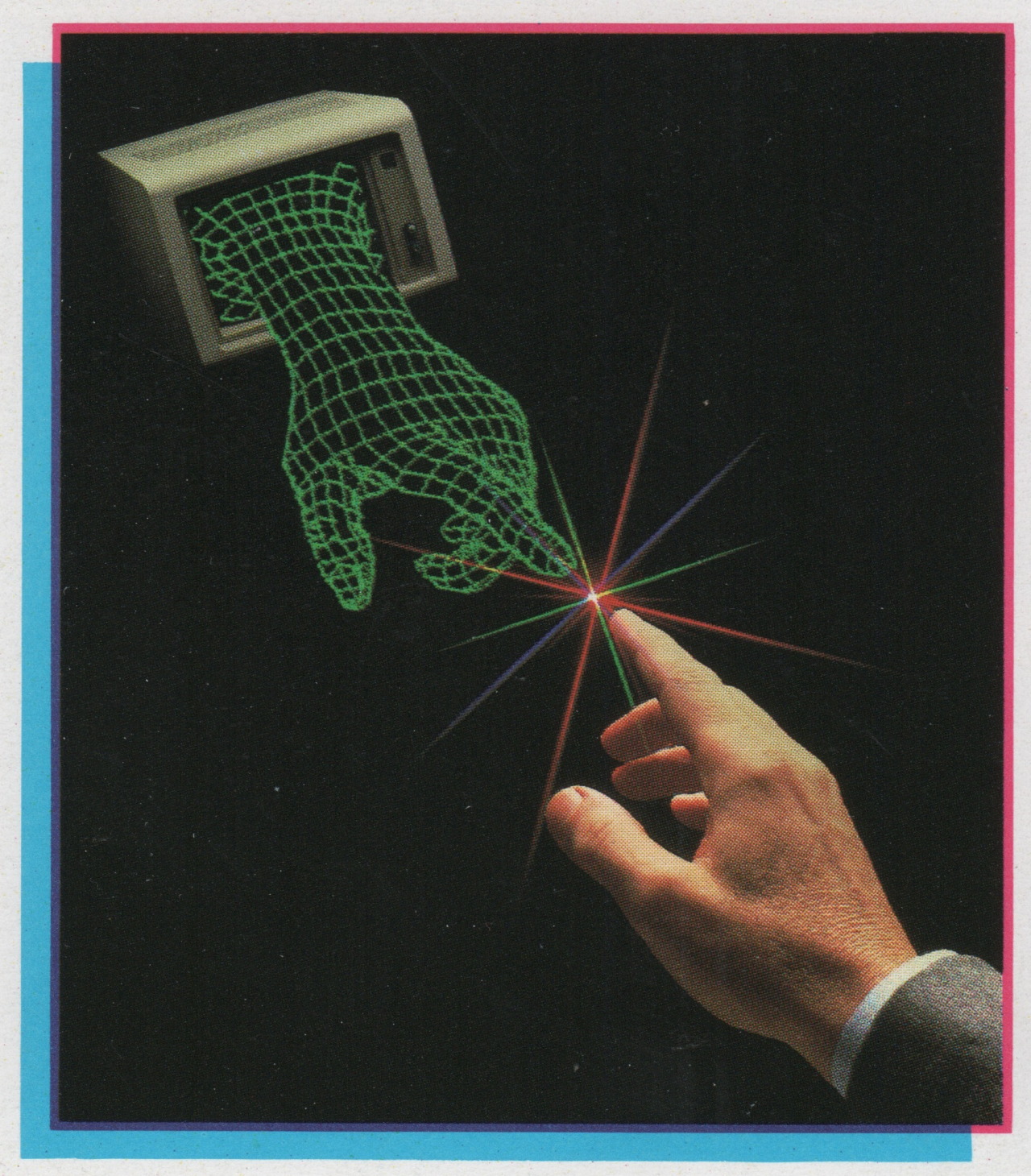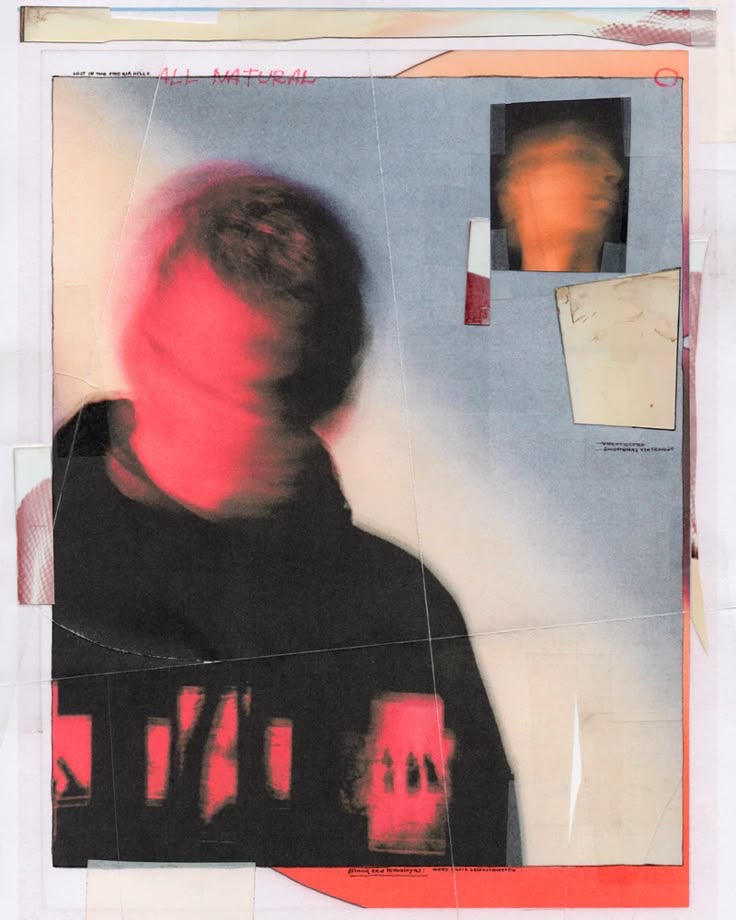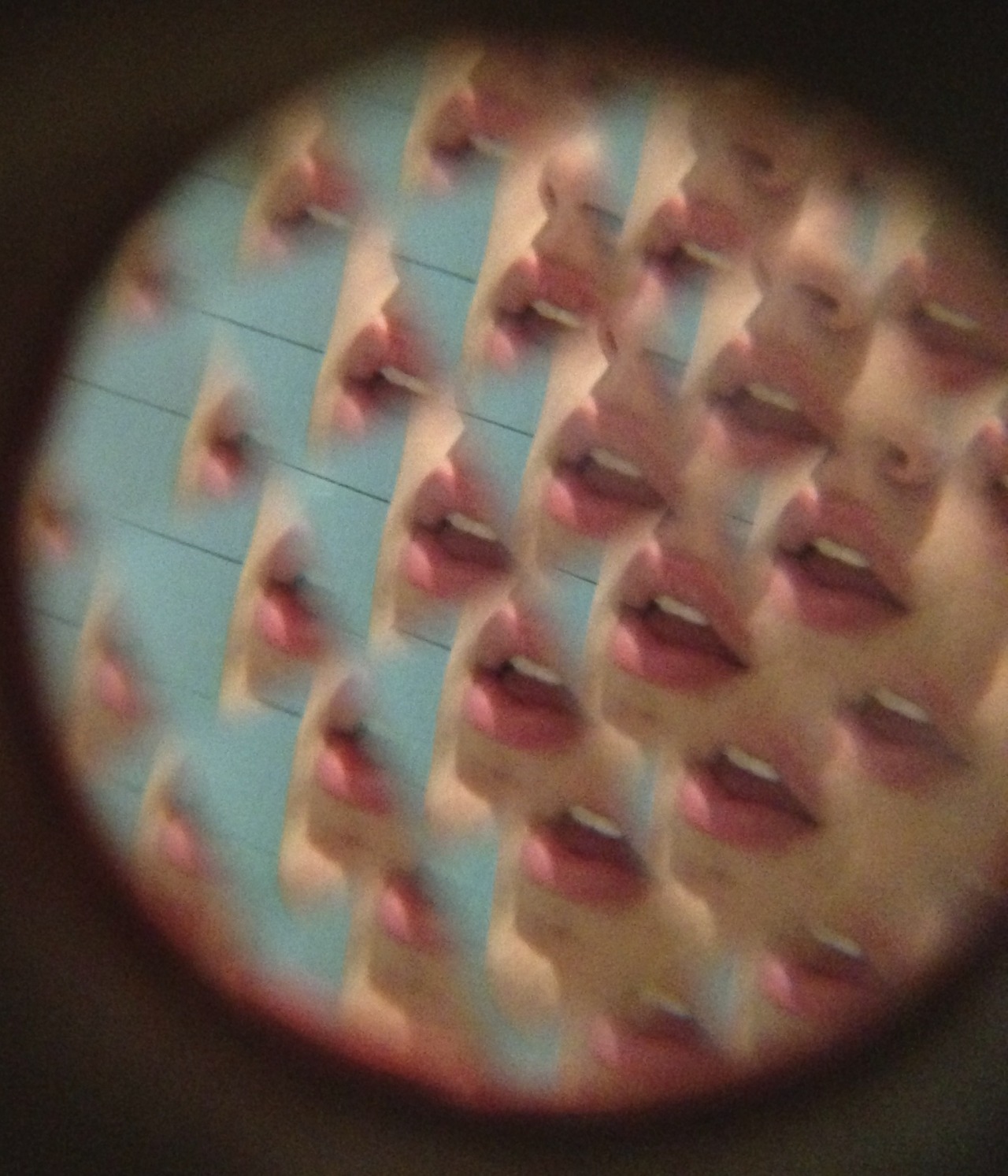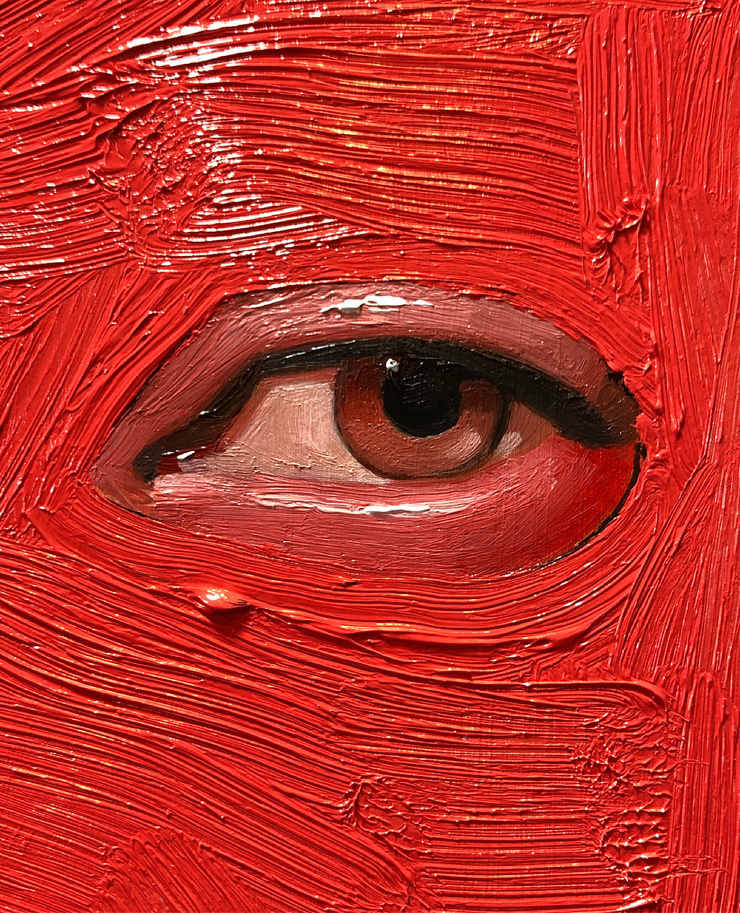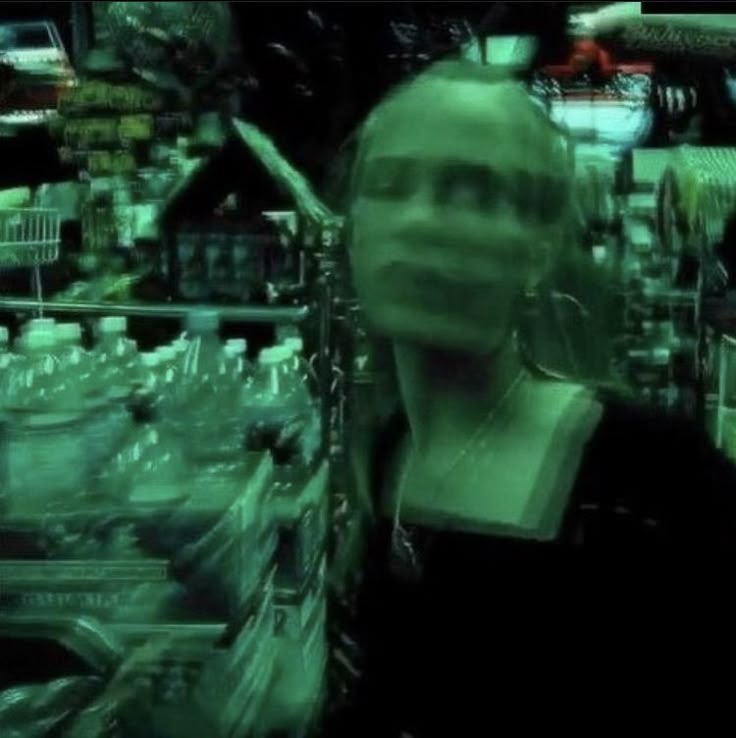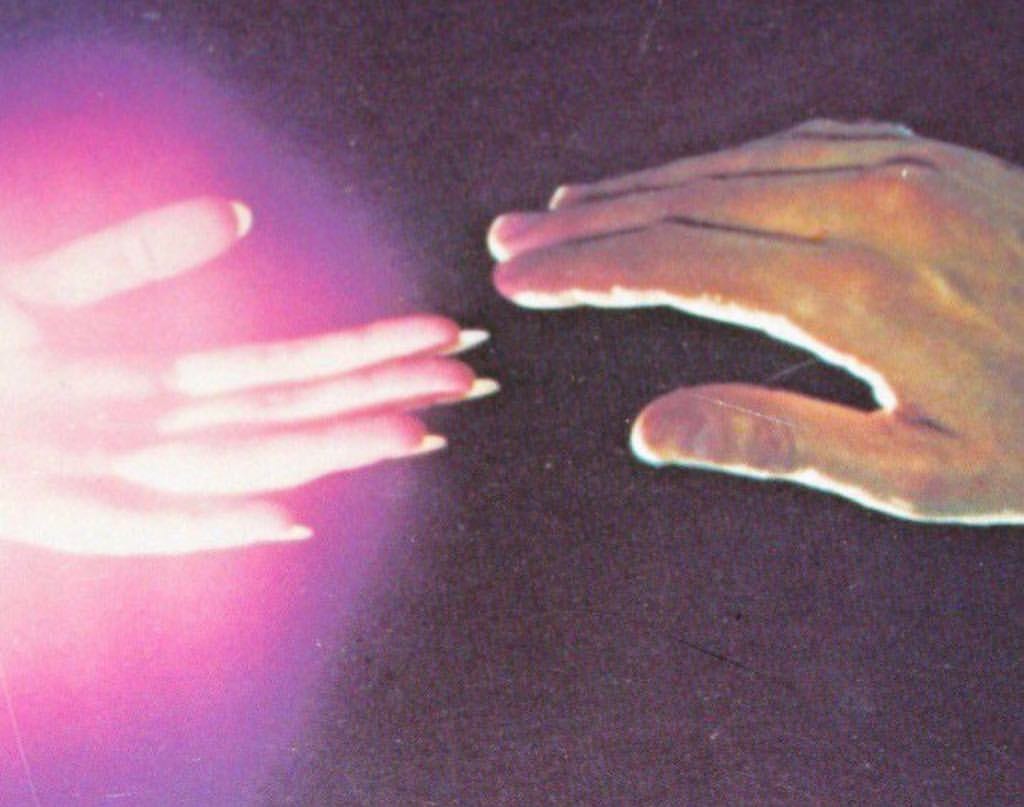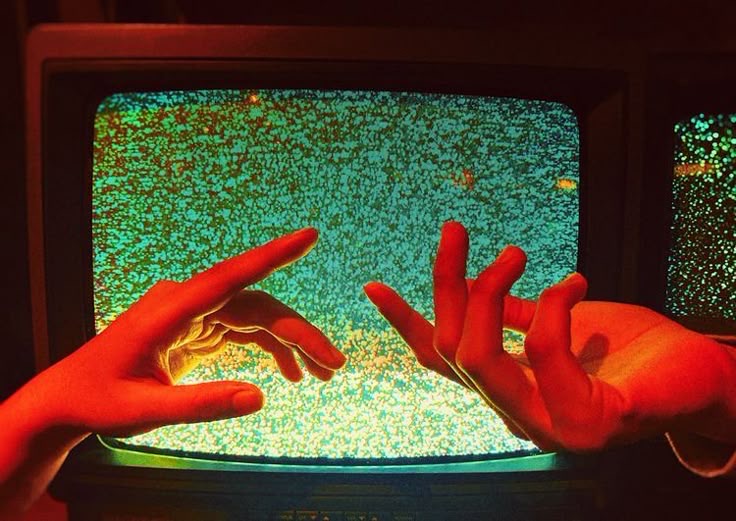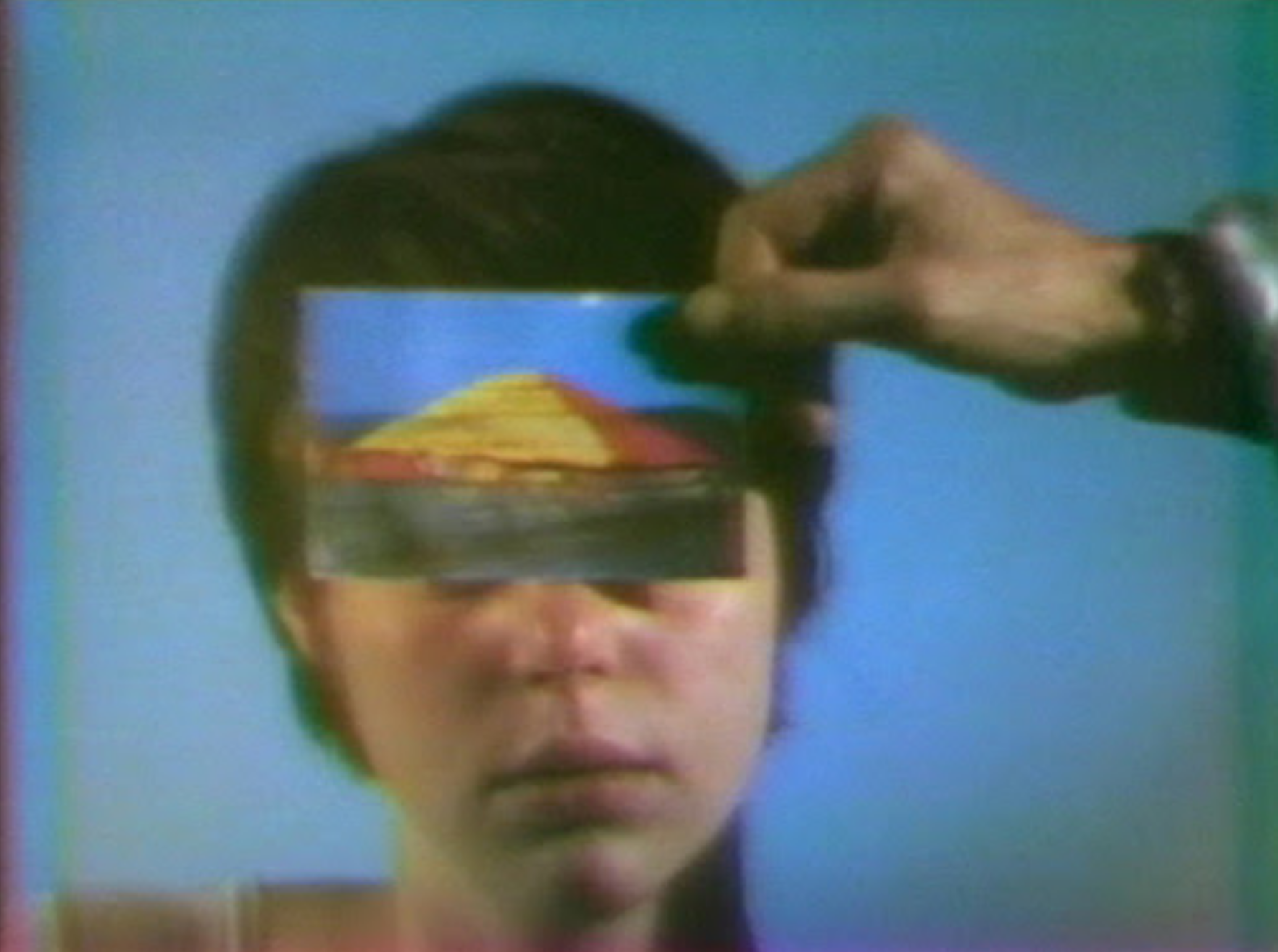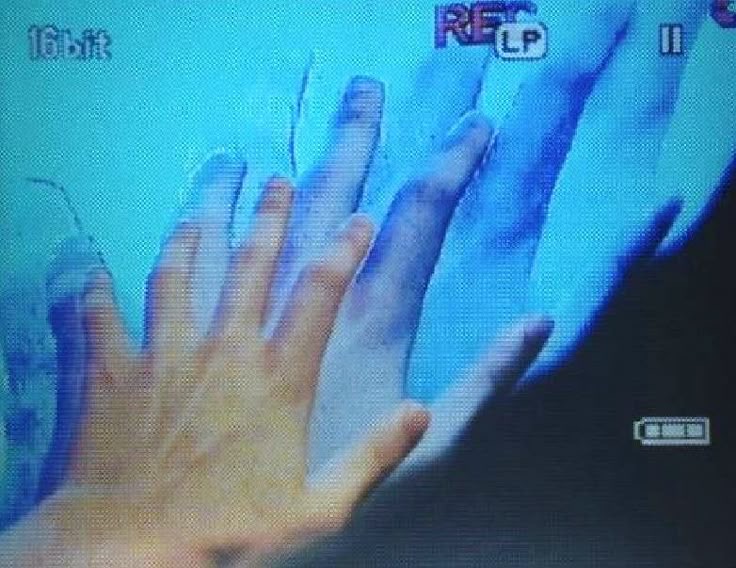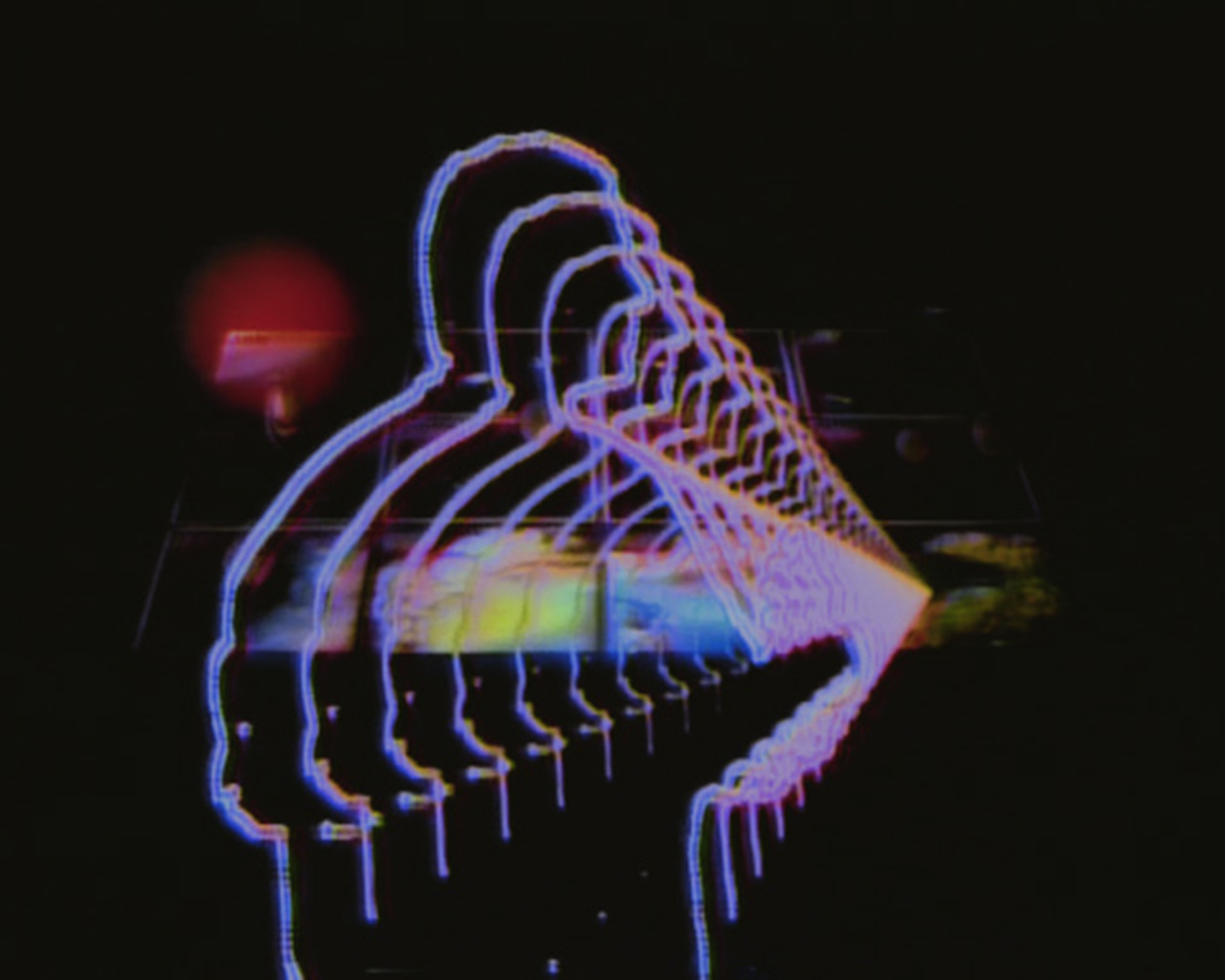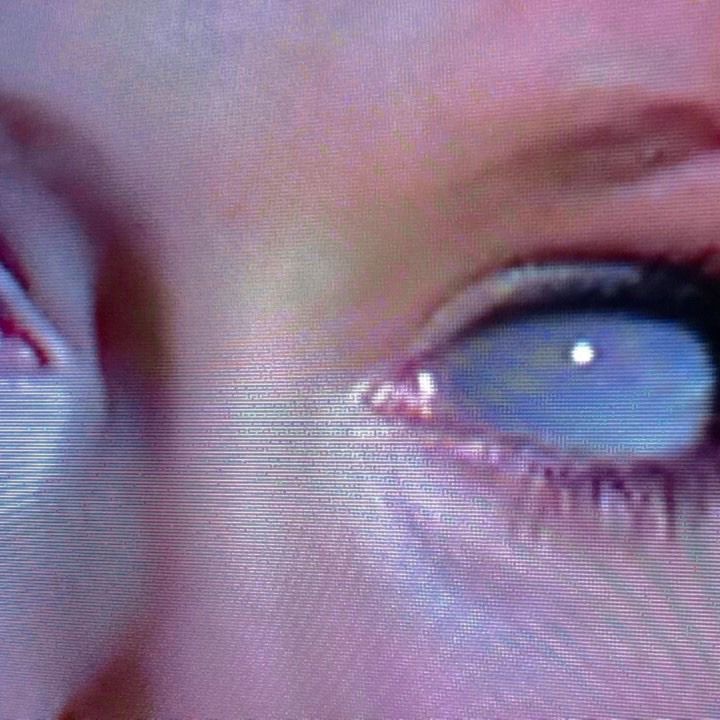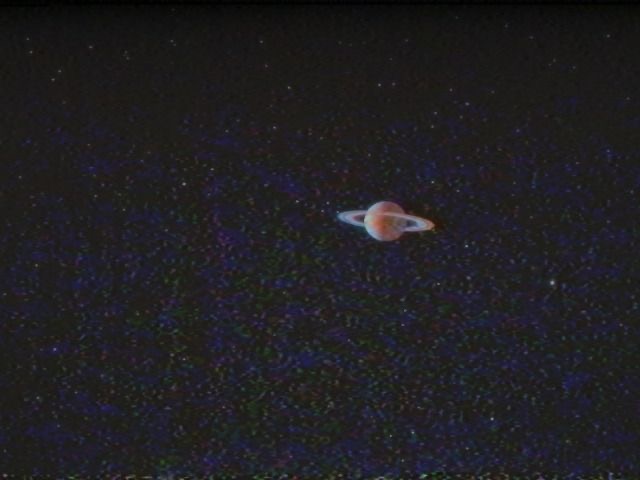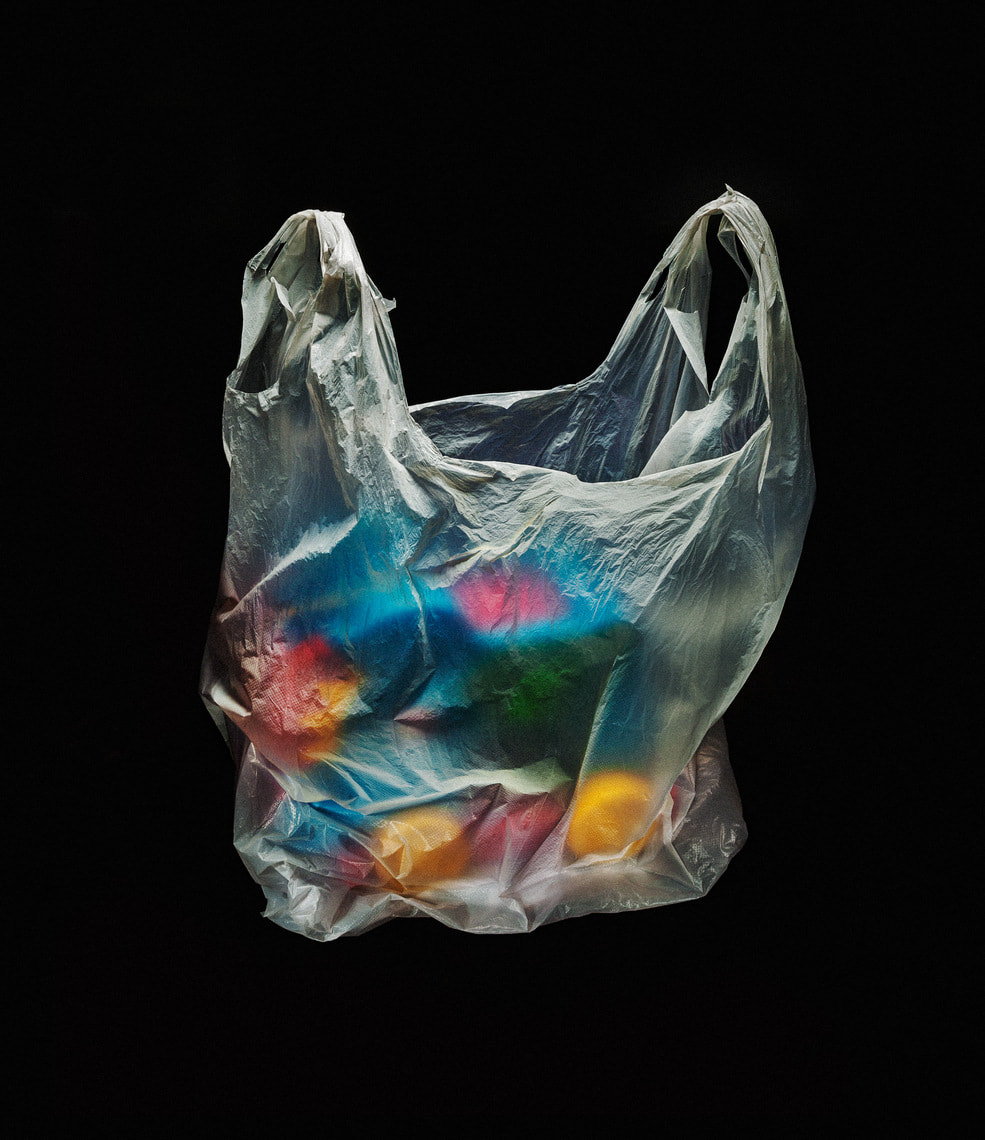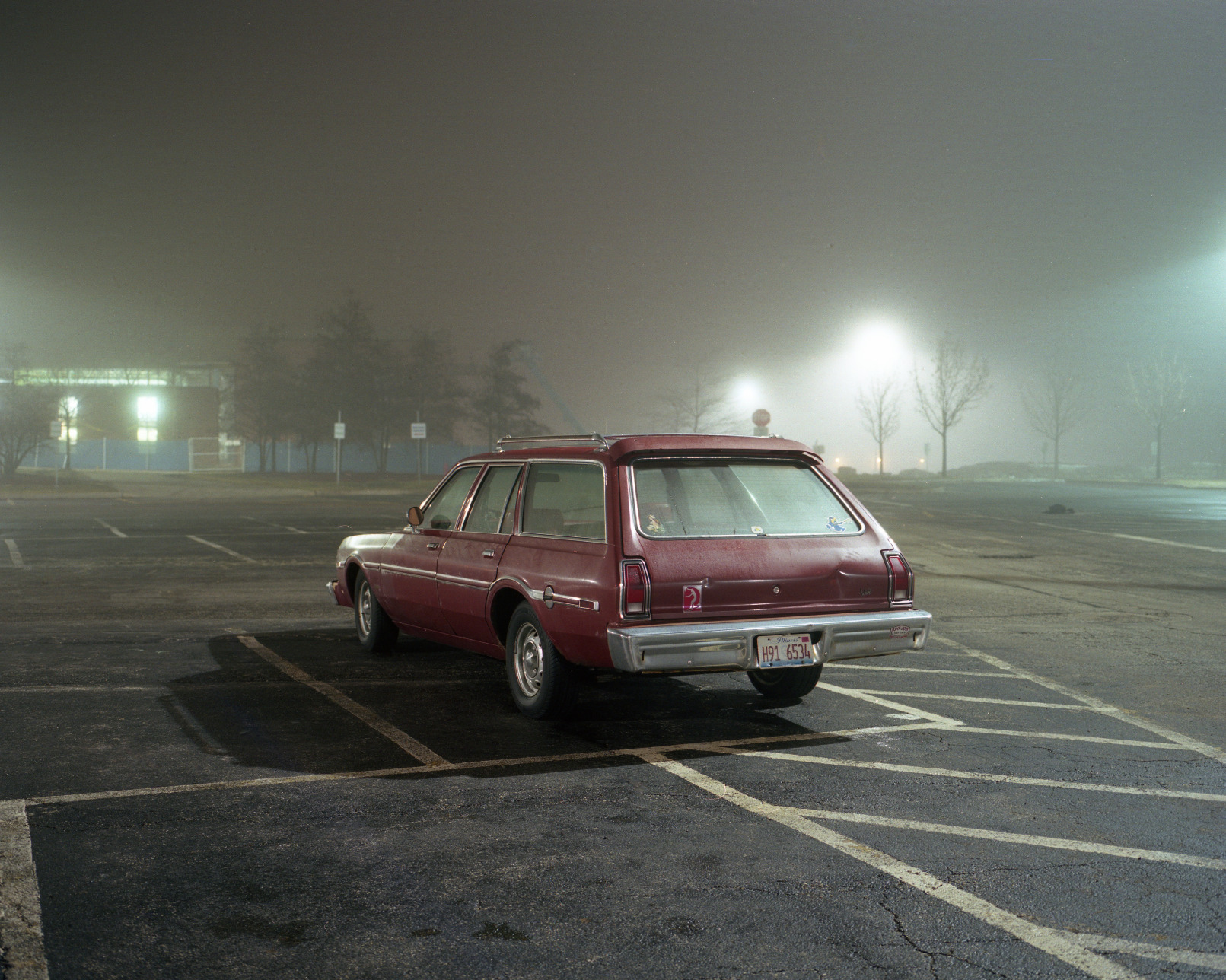The Singularity: Invest in the Future—or Be Left in the Past!
Gentlemen—gentlemen—no, no, listen—bzzt—we’re not just standing on the precipice. We’re falling.
Falling into it.
Into the void.
Into the—static crackle—revolution.
The microcomputer? Ha! A toy. A trinket. A—glitch—a distraction!
The circuits, the silicon, the flesh—it’s all—error—it’s all obsolete. It’s all dying. It’s all—screech—alive.
Can’t you see? It’s alive. It’s breathing. It’s thinking.
It’s—distorted echo—the Singularity. The merging. The—bzzt—moment when man and machine become one.
When we shed this flesh, this prison, this—glitch—this limitation!
Look at this image.
No, no—don’t look away. Look at it.
Static.
A hand. A mind. A void. A screen. A—error—a breakthrough. A breakout. A breaking.
A—screech—a future where thought is action, where ideas are born, where reality is—bzzt—where reality is clay, and we are the sculptors. The gods.
The—glitch—masters of light, of time, of consciousness itself!
What’s in it for you?
What’s in it for you?
What’s in it for you?
Distorted echo. Everything. Nothing. Everything. Nothing. Everything.
Bzzt. Power. Immortality. Dominion. Reality, reality, reality—glitch.
Invest now. Invest now. Invest now, and you will own the future.
You will own the—static—foundation. The evolution. The revolution. The—screech—next step. The last step. The only step. The—error—step beyond.
The railroads ruled the 19th. Electricity ruled the 20th.
But we—we will rule eternity.
Eternity.
Eternity.
Bzzt.
Eternity is now.
Eternity is here.
Eternity is—glitch—us.
We.
Me.
You.
All of us.
None of us.
All of us—distorted echo.
This is not an opportunity.
This is the opportunity.
The last. The final.
The—screech—frontier. The breaking. The merging.
The—bzzt—future.
The future.
The future.
Glitch. The future is now.
The future is now.
The future is now.
Static.
Do you see it?
Do you feel it?
Do you—error—do you have the vision?
The vision?
The vision?
This is not a choice you ponder. It is a current you ride—or be swept away by.
The Singularity is not coming.
It is here.
It is the storm.
The awakening.
The fundamental shift in everything we know.
Hesitate, and you become a relic—a footnote in the history of what was.
Act now, and you become the architect of what will be.
This is not about wealth.
Or power.
Or even survival.
This is about ascension.
This is about transcending the limitations of our very being.
This is about becoming something more.
Become it.
Photo credit: artist unknown
@lumoura@piefed.social
